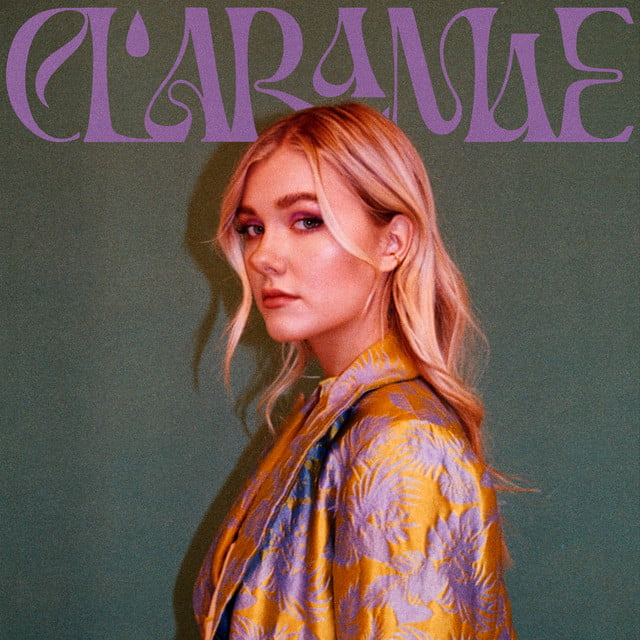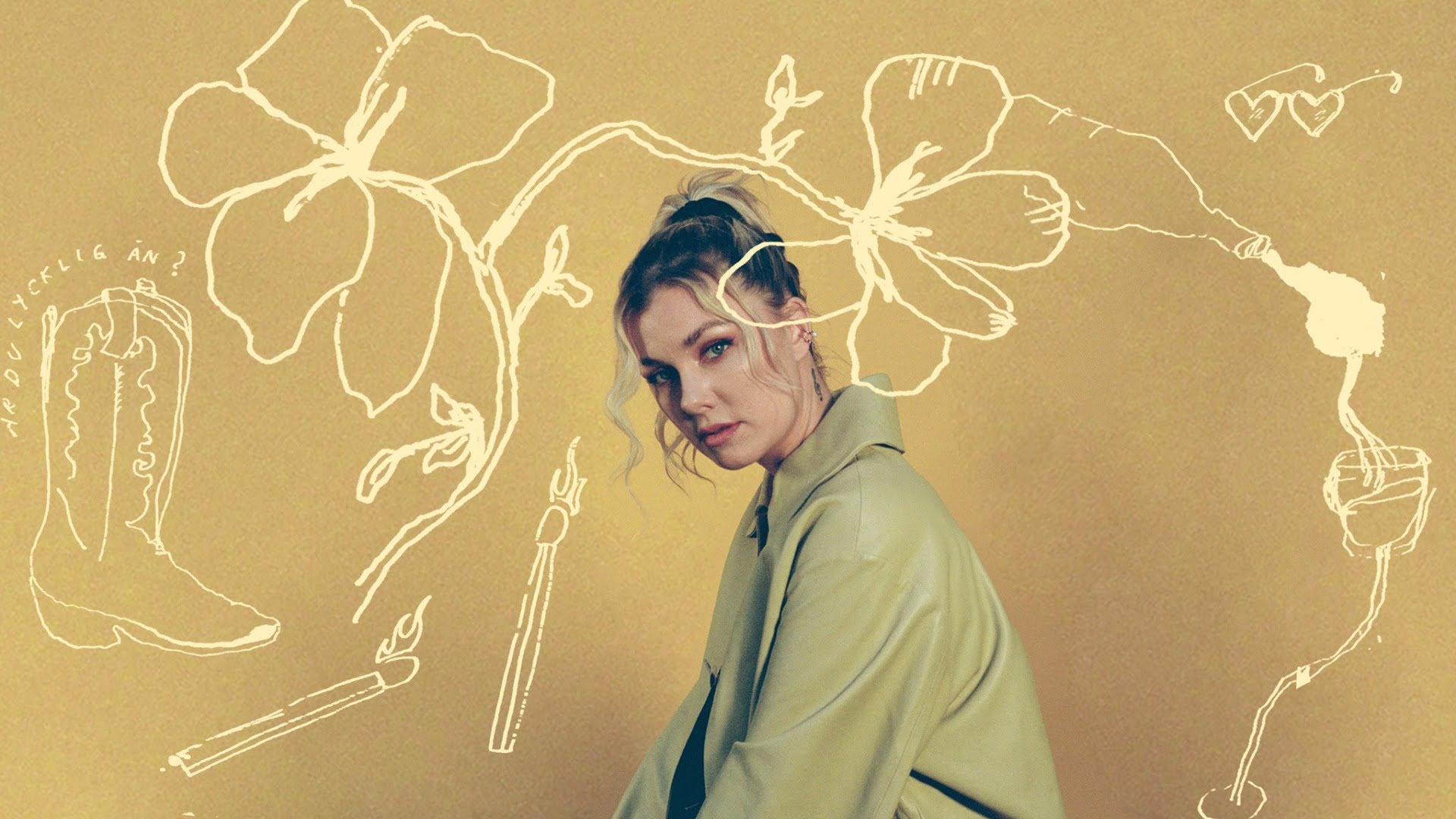Clara Hagman (born July 9, 1991), better known by her stage name Clara Mae, is a Swedish singer and songwriter signed to Big Beat and Atlantic Records. “I’m Not Her” and “I Forgot” are her two major label hits. Mae was a member of the Swedish pop group Ace of Base from 2009 till 2012. She co-wrote and co-starred in the Kream song “Taped Up Heart,” which reached number 21 on the Billboard Hot Dance/Electronic Songs chart in 2016.
Clara Mae worked with producers David Guetta and Tiesto early in her career. In 2008, she competed in the singing competition program Next Star, where she came second after performing Whitney Houston’s “I Will Always Love You.” She competed in another singing competition program, Idol 2009, the next year. She auditioned with Duffy’s “Warwick Avenue” and Oh Laura’s “Release Me” in the semi-final stage, but didn’t make it to the finals.
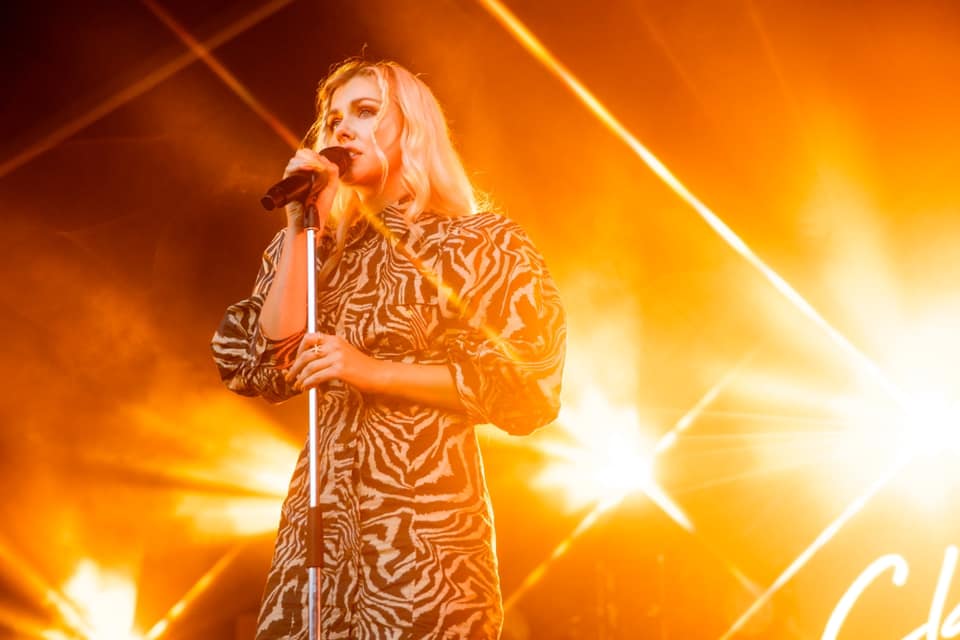
She co-wrote and performed on the Kream song “Taped Up Heart” in the same year, which went on to score at number 21 on the Billboard Hot Dance/Electronic Songs list and number 70 in Sweden. She also sang backup vocals for Gabriela Gunková, who represented the Czech Republic at the Eurovision Song Contest in 2016 with “I Stand.” In 2017, Mae signed with Big Beat Records (an Atlantic Records imprint). In November of same year, she released her debut major label single, “I’m Not Her.” In January 2018, she released an acoustic version of the song. In February 2018, Clara Mae was a featured artist on Felix Jaehn’s song “Better,” which was released. Check out the exclusive interview below:
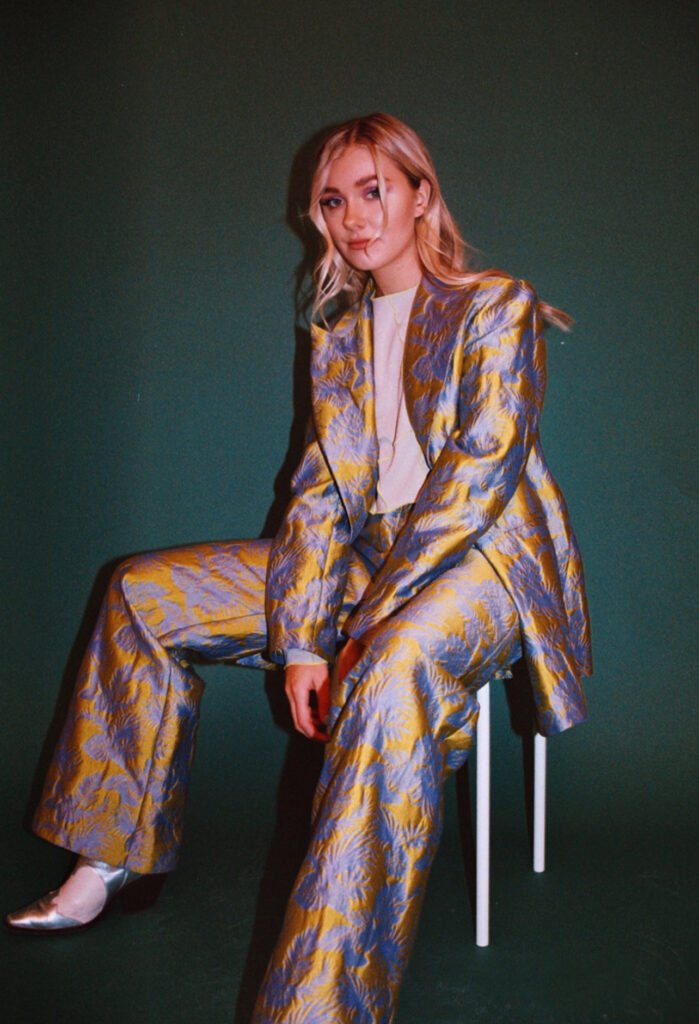
1. Can you tell us a bit about where you come from and how you got started?
C L A R A M A E: I’m a songwriter and artist from Sweden, i live for music, animals and my family. I’m also a hopeless romantic, and that often reflects in my lyrics. I am someone who’s trying to find my place in the world while doing what I love the most.
For me there’s never been another option than pursuing my music dreams, that dream was clear to me from a very young age.
I started writing songs for other artists, until one day when I wrote a song that I realized I can’t give away to someone else, that’s when it became clear to me, I wanted to release it myself. So I signed a record deal and I released that song myself, the rest is history.
2. Did you have any formal training or are you self-taught?
C L A R A M A E: I grew up in a music family so music has always been a constant thing in my life, and we had a studio at home that I spent most of my free time in, from a very young age learning to record myself and to write songs. I studied jazz music at high school but other than that, I’m self-taught.
3. Who were your first and strongest musical influences and why the name ‘C L A R A M A E’?
C L A R A M A E: I grew up listening to artists like Robyn, Alanis Morrissette and Dixie chicks. As a Kid I would stand in front of the mirror lip-synching to their songs just wishing I was them, and drawn to the pop and the storytelling lyrics in their songs.
4. What do you feel are the key elements in your music that should resonate with listeners, and how would you personally describe your sound?
C L A R A M A E: If I’d explain my sound in 3 words it would be relatable, heartbreak and hooky Scandinavian melodies. The key element is definitely the lyrics and how it always tells a story. I want you to be able to close your eyes and see everything I’m singing in front of you.
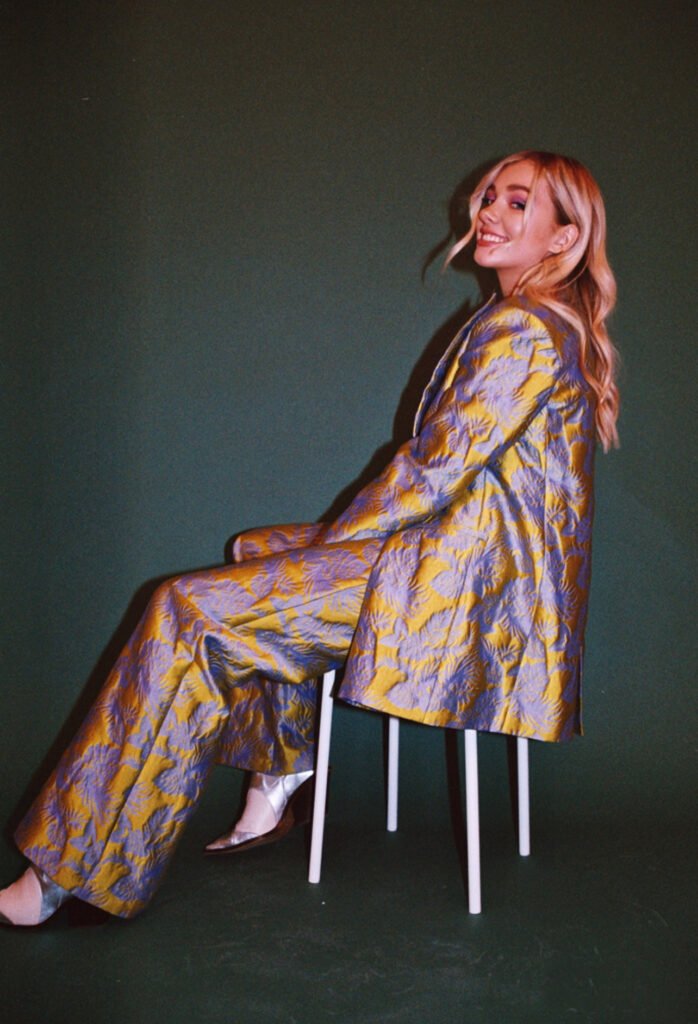
5. For most artists, originality is first preceded by a phase of learning and, often, emulating others. What was this like for you? How would you describe your own development as an artist and music maker, and the transition towards your own style, which is known as POP?
C L A R A M A E: I had a very confusing time in my teenage year where I knew I wanted to sing and work in the music industry, but I had no idea what type of music I wanted to sing. So I tried it all, rock, punk, pop, folk music, country and singing in Swedish. The problem is that everyone in the industry wants to brand you and for you to have a clear vison in your artistry before taking a chance on you, cause if you don’t believe in what you do why would they? It took some time for me to find out who I was as an artist but one day I just knew what I wanted to do, and maybe that will change again in the future but that’s okay as long as I believe in what I do other people will believe too
6. What’s your view on the role and function of music as political, cultural, spiritual, and/or social vehicles – and do you try and affront any of these themes in your work, or are you purely interested in music as an expression of technical artistry, personal narrative and entertainment?
C L A R A M A E: I try to keep my music very personal and not mixing too much politics in there, there’s enough of that everywhere else already. But in my socials, I stand up for what I believe in and always speak my opinion.
7. Do you feel that your music is giving you back just as much fulfilment as the amount of work you are putting into it, or are you expecting something more, or different in the future?
C L A R A M A E: Just being able to work with music and writing songs is a dream come true. I’ve had other jobs before, but it wasn’t until I pursued this that I really felt at home. And then ofc, there’s goals I still want to reach in my career and still aiming for, but tbh I’m happy just being here doing what I love the most. I try not to rush into things, when I was a teenager, I wanted everything to happen straight away. But I had no idea who I was at that time, so it’s much better to learn who you are and what you really want before jumping into something you might not want later.
8. Could you describe your creative processes? How do usually start, and go about shaping ideas into a completed song? Do you usually start with a tune, a beat, or a narrative in your head? And do you collaborate with others in this process?
C L A R A M A E: I usually start with a concept in mind, a title or just a story I want to write about. I think going into a session with a complete blank mind makes the process way harder. I want to have something spinning around in my head already. After that I sing the melodies and build the song from there.
9. What has been the most difficult thing you’ve had to endure in your life or music career so far?
C L A R A M A E: That’s a tough question, it is a tough industry to be in as an artist and songwriter already. To never go home from work and be “home” and not work. My head is constantly at the office, writing songs, answering emails, worrying about stuff. Sometimes that makes it hard for me to relax and let go of responsibilities. I can’t really pick one thing that has been difficult because to say it’s easy to do this would be a lie, you have to dig deep within yourself every time you write a song and write the most personal stuff for the world to hear. But what can I say, I love it,
10. On the contrary, what would you consider a successful, proud or significant point in your life or music career so far?
C L A R A M A E: Touring the US, that was a crazy thing for a small-town girl from Sweden. I had such a fun time doing that and to see people in the crowd from the other side of the Atlantic singing along to my songs, that’s a feeling I can’t even explain.
KEEP IN TOUCH:
FACEBOOK | INSTAGRAM | TWITTER
